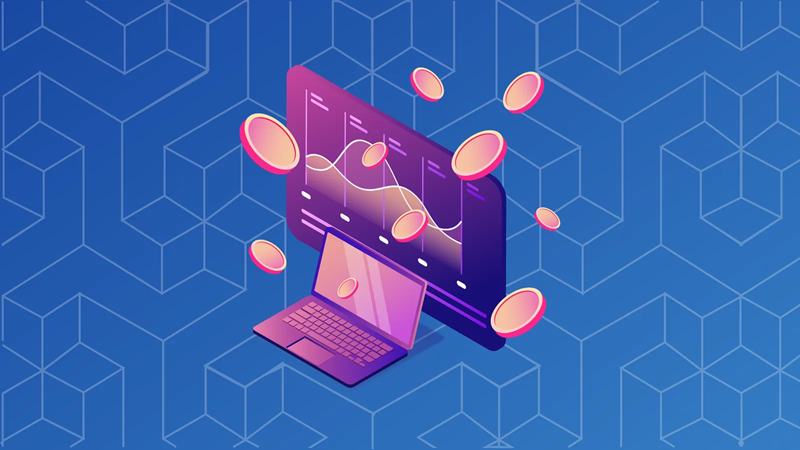INTERNET CAPITAL MARKETS AND THE MEME COIN TREND: WHEN COMPANIES RAISE CAPITAL WITH HYPE

In the age of Web3, the way companies approach raising capital is changing rapidly. Alongside traditional stocks and bonds, a new trend is shaping the digital financial market: Internet capital markets where companies use meme coins as a fundraising or marketing tool.
The concept of Internet capital markets
Internet capital markets refer to companies ranging from startups to big names issuing digital tokens, mostly meme coins, for the purpose of raising capital or creating a strong media effect. Unlike stocks that represent a share of ownership and may come with dividend rights, these tokens often have no specific utility and are purely speculative.
Meme Coins: From Jokes to Business Strategies
Meme coins, once considered a cultural phenomenon in the crypto world, often originated as online jokes. However, they have been used by companies as an innovative fundraising tool. Tokens like Dogecoin and Shiba Inu have proven that with community support, a token with no intrinsic value can still reach a multi-billion dollar market cap.
Companies have noticed. Some launch meme coins not for direct financial gain but to amplify their brand. Podcast app JellyJelly, for example, launched the JELLYJELLY token through the Pump.fun platform, reaching a peak market cap of over $248 million in a short period of time, attracting over 10,000 new users, although it has since plummeted in value.
The Beginning and the Boom
The notable start of this trend came from the Vine Coin token, which was released in early 2025 by Rus Yusupov, the founder of Vine. Despite its lack of utility, the token attracted a large number of speculators and reached a market cap of nearly $500 million in just 24 hours. This led to renewed interest in the Vine brand, to the point that Elon Musk’s xAI company acquired the platform.
Then, a series of similar tokens appeared. From Dupe, a product search engine, to AI Creator Buddy, to Uber.fun (a no-code Web3 generator), all attracted strong attention in the early stages and then fell sharply. However, the media impact and initial user base showed the potential power of this strategy.
Purpose: Fundraising or marketing?
Companies choose to issue meme coins for two main reasons:
Raising non-traditional capital: When venture capital fundraising channels are saturated and difficult to access, meme coins become an alternative option to call for liquidity from the community.
Creative Marketing Strategies: Some businesses use meme coins as a “viral lever” on social media to attract attention and position their brand in the Web3 ecosystem.
Even research labs like Neiry Lab have used meme coins to promote a mouse experiment, attracting investment without selling tokens.
Legal: Challenging Gray Area
After the 2017 crackdown on ICOs, many feared that the Internet capital markets could fall into similar legal risks. However, the SEC’s current stance has softened. In February 2025, the agency stated that meme coins “are not necessarily subject to federal securities laws,” as long as they do not operate as a form of investment capital.
Digital asset lawyer Carlo D'Angelo notes that companies need to carefully analyze whether their tokens are acting as “disguised securities” or simply as speculative assets for the public good. If tokens have elements of an investment contract under the Howey test, they may fall under the SEC's purview.
Outlook: Bubble or innovation?
While many projects have been criticized as “vaporware” without a real product, internet capital markets still offer opportunities for innovative fundraising models. According to Matthew Nay of Messari, initial speculation may be necessary to drive capital and innovation.
Despite the risks, the trend shows that in the age of decentralization, fundraising and market access are no longer dependent on traditional institutions. Meme coins have gone from being a pop culture icon to a strategic tool, although their long-term effectiveness remains a big question mark.
Conclusion: The Internet Capital Market is an exciting phenomenon that combines decentralized finance, internet culture, and technological innovation. It opens a new door for companies to reach out to the community in a way that has never been done before. However, with the allure comes risk, founders and investors need to understand the nature of tokens, whether they are real financial instruments, or just the next wave of hype in the crypto space.
